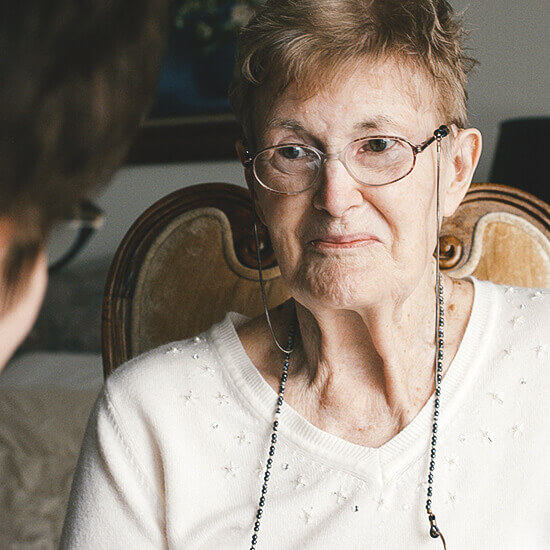
At Home Helpers® Home Care, we understand the importance of remaining independent and comfortable in your own home, no matter your age or health. That’s why for over 25 years, we have been dedicated to providing exceptional in home care services for seniors and adults with disabilities or illnesses. Our Cared-4℠ program offers a variety of services including Companionship & Personal Needs, Nutrition & Wellbeing, Safety & Emergency Monitoring, and Wellness Calls, to help your loved ones live their best life at home.

© Copyright 2026 H. H. Franchising Systems, Inc, All Rights Reserved.
To provide the best experiences, we use technologies like cookies to store and/or access device information. Consenting to these technologies will allow us to process data such as browsing behavior or unique IDs on this site. Not consenting or withdrawing consent, may adversely affect certain features and functions. Privacy Policy
